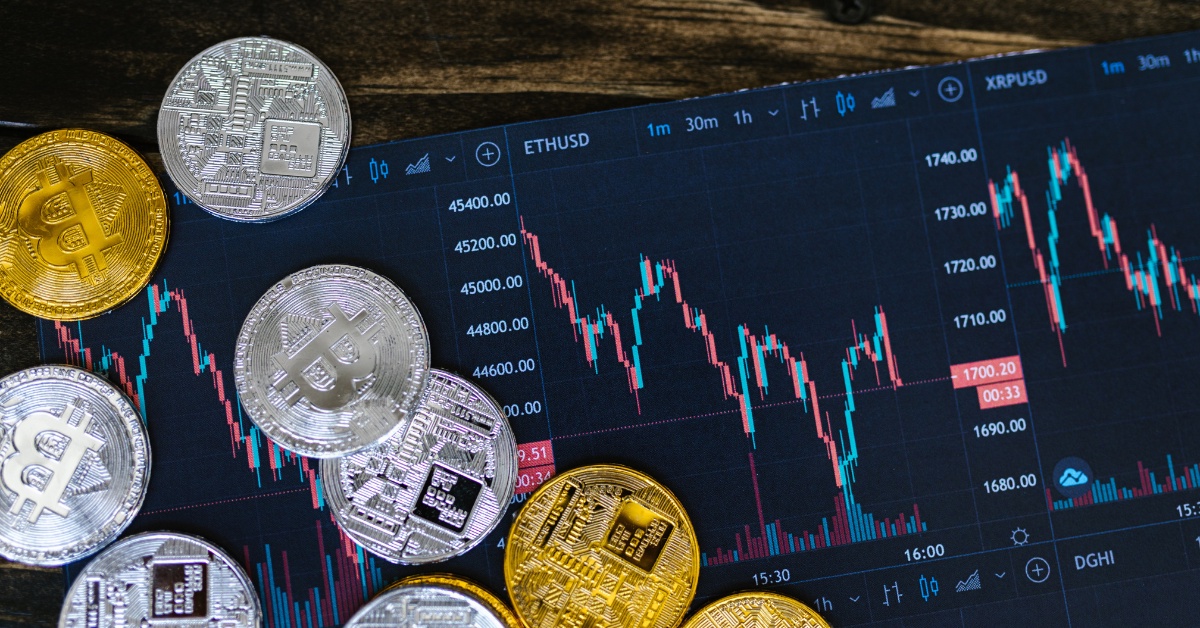Investing in the stock market can be an exciting way to grow your wealth over time. However, it's important to understand that there are both risks and benefits involved. In this guide, we'll explore some of the key factors you should consider before diving into the world of investing.
Benefits of Investing in the Stock Market:
- Potential for High Returns: One of the biggest attractions of the stock market is the potential for high returns. Historically, stocks have outperformed other types of investments like bonds and real estate over the long term.
- Diversification Opportunities: By investing in stocks, you can diversify your portfolio across multiple companies and industries. This can help mitigate risk by spreading out your investments.
- Access to Professional Management: If you don't have the time or expertise to manage your own investments, you can hire a professional to do it for you. This can help ensure that your investments are well-managed and diversified.
- Liquidity: Compared to other types of investments, stocks are generally very liquid, meaning you can buy and sell them quickly and easily.
Risks of Investing in the Stock Market:
- Volatility: The stock market can be highly volatile, with prices fluctuating rapidly based on news and other events. This can lead to significant losses if you're not careful.
- Lack of Control: When you invest in stocks, you're essentially putting your money in the hands of company managers and other investors. This means you have little control over how your investments are managed.
- Potential for Fraud: Unfortunately, the stock market is not immune to fraud. There have been numerous cases of companies and investment firms engaging in fraudulent activities, which can lead to significant losses for investors.
- Fees and Expenses: When you invest in the stock market, you'll likely have to pay fees and expenses to brokers and other professionals. These costs can add up over time and eat into your returns.
Difference between Trading Account and Demat Account:
Before we wrap up, it's important to understand the difference between a trading account and a demat account. A trading account is used to buy and sell stocks on the stock market, while a demat account is used to hold those stocks in electronic form. In other words, a trading account is like a gateway to the stock market, while a demat account is like a digital safe for your investments.
In conclusion, investing in the stock market can be a great way to grow your wealth over time, but it's important to understand the risks and benefits involved. By doing your research and seeking professional advice when needed, you can make informed investment decisions that will help you achieve your financial goals.


No comments yet